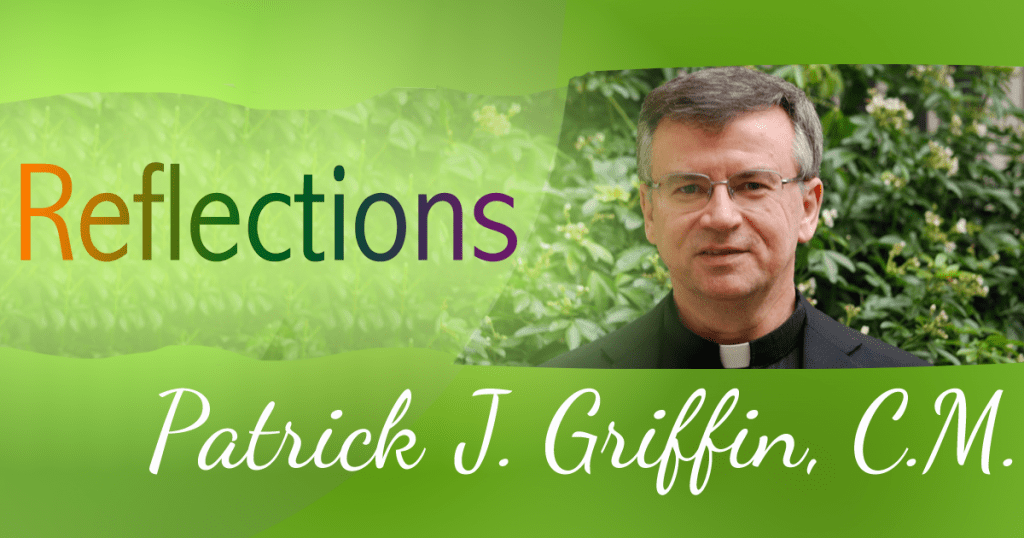The blessing of abundance carries with it a responsibility. Jesus points out that truth when he tells the parable of the rich man with the abundant harvest. The gift of plenty can prompt two paths. The rich man demonstrates one: he decides to tear down his old barns and build larger ones to hold his fortune. Then, he has some clear instructions for himself: “Now as for you, you have so many good things stored up for many years, rest, eat, drink, be merry!”

Clearly, his conversation centers on himself. Now, there is no harm—in fact it is a good thing—to do well in life. We should celebrate the fact when we can afford a better home, go to nicer restaurants, take longer vacations, and send our children to better schools. The parable does not object to a person earning a better life. However, this rich man speaks only about what profits his own life. No consideration of others or of his relationship with his God enters his thoughts. How else could this internal communication have gone?
And, the issue need not only be about property. It can also concern the use of one’s power, knowledge and time. What might be the issue in our lives, in our community? When we look at our resources, we can consider how our family, our church and our community can better participate in their application. When we have a more-than-sufficient amount of something, sharing a portion can be a real blessing for ourselves as well as for other people.
Jesus calls the one whose only concern is acquiring for himself “a fool” because he/she “stores up treasure for him/herself but is not rich in what matters to God.” In the eternal picture, that choice does not lead to the Kingdom. What matters to God is no secret to us, nor is the way in which we can use our gifts. For example, Matthew points out the direction numerous times in his 25th chapter “What I was hungry, you gave me to drink. . .”
As we consider how blessed we are, even though not rich or powerful, we can come before our God and ask ourselves questions not considered by the rich man:
“What shall I do with all the blessings that I have received? How satisfied do I need to be with what I possess? How careful do I need to be that power, places and things do not separate me from my family, my friends, my God?”
As we seek to store up for ourselves what has meaning in the presence of God, we can hope that the answers to these questions receive a thoughtful response. In our generosity, we express our thanks for the many and varied blessings that are ours.
Vincent de Paul had a gift for encouraging people to employ their resources on behalf of those with little. As his followers, we hear that same call. We need to build our larger barns in the heavenly kingdom so as to hold our true treasure.







0 Comments